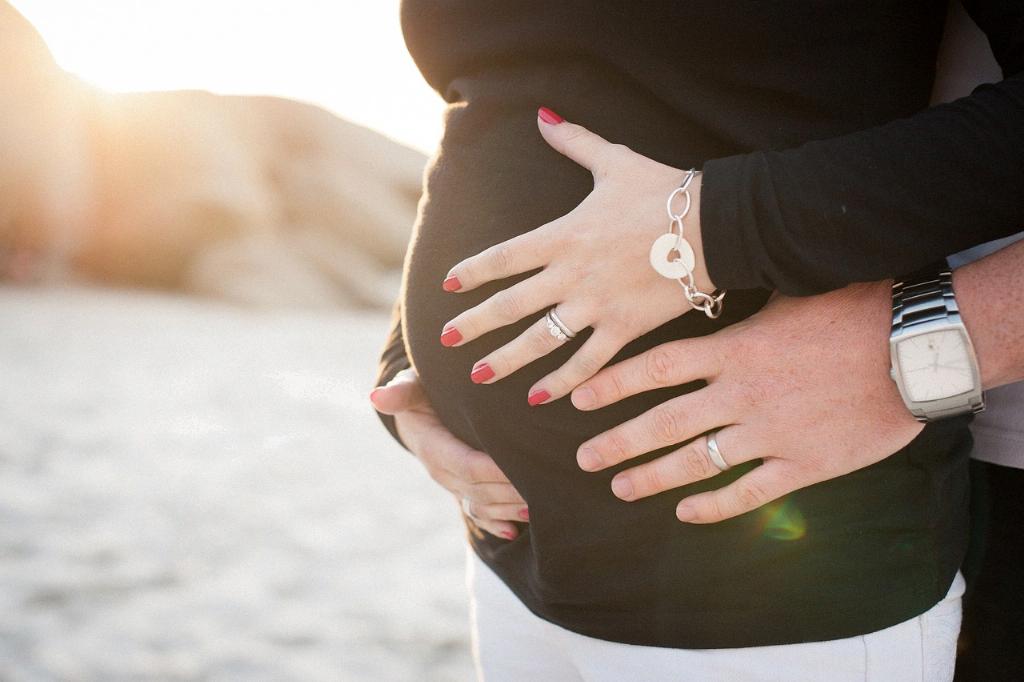When it comes to determining how many weeks pregnant you are, it can be a bit confusing for some individuals. The key factor to note is that the calculation is not based on the exact moment of conception or implantation, as one might assume, but instead on the first day of your last menstrual period. This simple fact is essential in gauging the progress of your pregnancy.
Finding Your Pregnancy Start Date
To calculate the start of your pregnancy, count back to the first day of your last normal period. For instance, if your last period started four weeks ago, and you ovulated and conceived two weeks later, you are now considered four weeks pregnant. Understanding this concept can help you accurately gauge the progress of your pregnancy.
Importance of Pregnancy Dating
Accurately dating your pregnancy is crucial for healthcare providers to monitor the growth and development of your baby effectively. It helps determine your due date, track fetal growth, and schedule necessary prenatal tests and appointments throughout your pregnancy journey.
Ultrasound Scans for Dating Pregnancy
While knowing the start date of your pregnancy is key, healthcare providers often use ultrasound scans to confirm and refine the dating process. Ultrasounds provide more accurate dating by measuring the size of the fetus and comparing it to established growth charts.
Tracking Pregnancy Milestones
As your pregnancy progresses, you will reach various milestones that mark different stages of fetal development. Knowing how many weeks pregnant you are allows you to anticipate these milestones, such as the first heartbeat, fetal movements, and major organ development.
Due Date Calculation
Calculating your due date relies heavily on knowing how many weeks pregnant you are. Healthcare providers typically estimate your due date by adding 40 weeks from the first day of your last menstrual period. This estimation helps you prepare for the arrival of your little one.
Consulting with Healthcare Providers
It’s essential to consult with your healthcare provider to confirm your pregnancy dating and receive personalized guidance throughout your prenatal care. They can provide tailored advice based on your specific circumstances and ensure a healthy pregnancy for you and your baby.
Understanding Variations in Pregnancy Dating
While the standard calculation method works for most women, there can be variations in how pregnancies are dated. Factors such as irregular menstrual cycles or fertility treatments may require adjustments in the dating process to accurately determine your pregnancy weeks.
Importance of Early Prenatal Care
Starting prenatal care early in your pregnancy is crucial for monitoring your health and the well-being of your baby. By knowing how many weeks pregnant you are and seeking timely medical advice, you can address any concerns and ensure a smooth pregnancy journey.
Embracing the Pregnancy Journey
Each week of pregnancy brings new changes and developments for both you and your baby. Embrace the journey and stay informed about your pregnancy weeks to appreciate the miraculous process of creating new life.
Sharing the Experience
Sharing your pregnancy journey with your partner, family, and friends can enhance the experience and offer much-needed support along the way. Keep them informed about how many weeks pregnant you are so they can celebrate each milestone with you.
Conclusion
Knowing exactly how many weeks pregnant you are is vital for monitoring your pregnancy progression, determining your due date, and receiving appropriate prenatal care. By understanding the calculation method and seeking guidance from healthcare providers, you can navigate your pregnancy journey with confidence and excitement.

